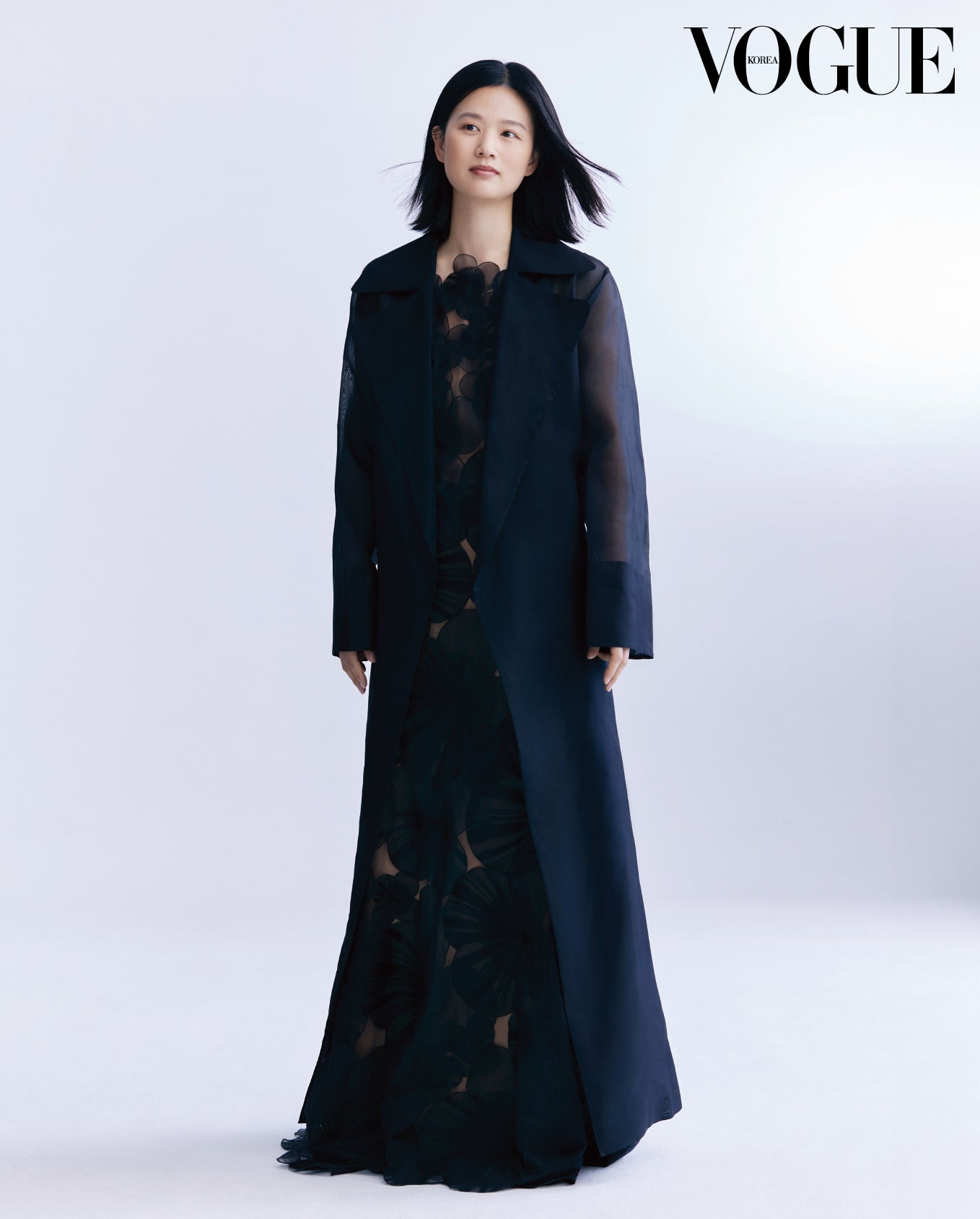Half a century has passed since humans first set foot on the Moon, but the passion for exploring it has not cooled. What about the Moon intrigues people so much?
Even thousands of years ago, people wanted to know about the Moon. More recently, we have the resources, and during the Cold War, it was a means of boasting superiority in scientific technology. Many experiments are currently underway on the Moon, including research on whether bricks or concrete can be made from lunar soil. This means we are considering constructions on the Moon. It feels like an extension of the Earth rather than a celestial body in space. One could say that the International Space Station expanded the scope of human activity.
What is the charm of the Moon from an astronomer's perspective?
A good thing about studying the Moon is that I can show my research object to my family and children. The only astronomers who can do that are the Moon scientists. The sun is too bright, and other stars cannot be observed by the naked eye. They are just bright spots. But you can even see craters on the Moon. It is a special experience for an astronomer.
Have you ever wanted to go to the Moon yourself?
Not at all. Going to space is too dangerous. It is the job of explorers, not scientists. If data is sent from space, scientists can study it intensively on Earth. If my safety and health were to be guaranteed, I would once like to go to the Moon and see the Earth from it.
What are the major issues in astronomy these days?
For the past few years, observing the black hole has been a big issue. There is an image of a black hole in the film “Interstellar,” but since there was no actual observation at the time of its release, it was not a replication of the actual one. And now, the James Webb space telescope is sending us many photos of space that humanity has never seen before. We are finding clues that suggest there may be underground oceans on the moons of Jupiter and Saturn. We should also explore such things in the future. Not many countries in the world can undertake such a challenging task. Korea is one of them.
As a researcher and a human being, what would you like to contribute to society?
I want to become a decent astronomer. I remember that society provided me with a lot of financial and emotional support while I became an astronomer. So that the investment is not a waste, I want to become a decent astronomer, if not a “great” one.
What would you like to say to young women who wish to pursue a career in astronomy?
The field of astronomy is open. You do not have to be an astronomy major, and you can be bad at math. If you look at my colleagues, they are really diverse. I also do not have a strong scientific background. I did not study abroad, and I am raising children. But I am here. First of all, you have to believe that the door is open. Then you will find that it is open.
What is the percentage of women in the team you are currently working on?
If you look at the entire KASI (Korea Astronomy and Space Science Institute), it is about 10%. There are more women in our generation than in the previous one. Yet there is an 80-year-old woman astronomer, can you imagine?
An 80-year-old woman astronomer?
Although it is rare, there are people like that in Korea, female astronomers who continue to conduct research or engage in related work even after retirement. Just having them there is a great support. Nowadays, the scientific community is also gradually changing. KASI has a Women’s Council. The Korean Astronomical Society and The Korean Space Science Society also operate childcare services during academic conferences. I think the future will be brighter.
You are so positive. Considering the universe, human life is so short and may seem meaningless.
There is a saying, “We are all stardust,” suggesting we are such insignificant beings. To astronomers, every piece of dust in the universe is grand and precious. I want you to think about how that dust was created, what it went through, and how it came to be in our current solar system, on Earth, and next to me.
There is a saying that we all come from stars, and we will return to stars.
It is not a metaphorical expression but scientifically close to the truth. The universe continues to recycle. Stars are created, explode, and are scattered; at some point, the scattered dust comes together again and becomes a star. The sun may have been another star in the past. Then, along with the sun, the solar system was created, and the Earth was born. Various life forms appeared and disappeared within the Earth. When I remember that a single speck of dust contains 13 billion years of history and cosmic movement, I never fall into skepticism.
What does living with purpose mean to you?
Living with purpose is a gift for everyone. To do so, you must listen to your inner voice and find something that makes you happy.

The complete interview with Dr. Chae Kyung Sim appeared in the April 2024 issue of Vogue Korea in partnership with Akris.
Credits:
In partnership with Vogue Korea
Photographer: Sujin Kim
Contributing Editor: Meehye Lee
Fashion Editor: Dahye Kim



